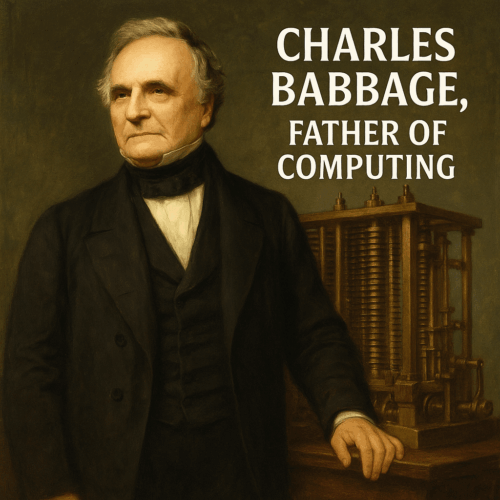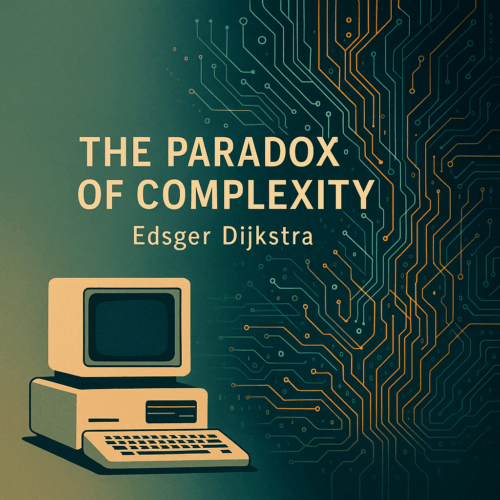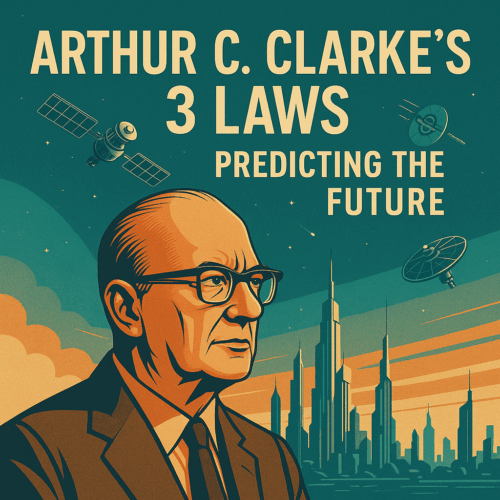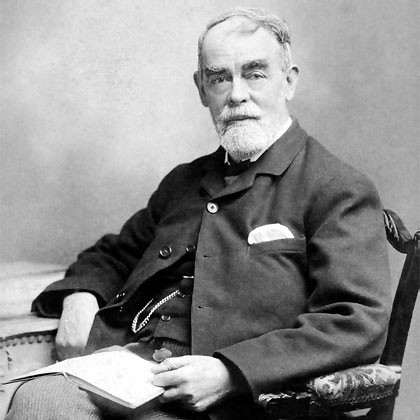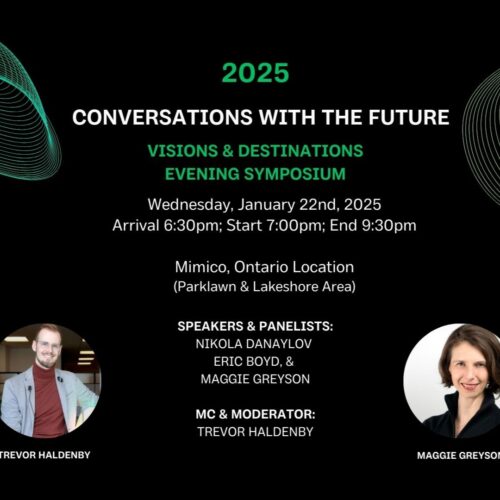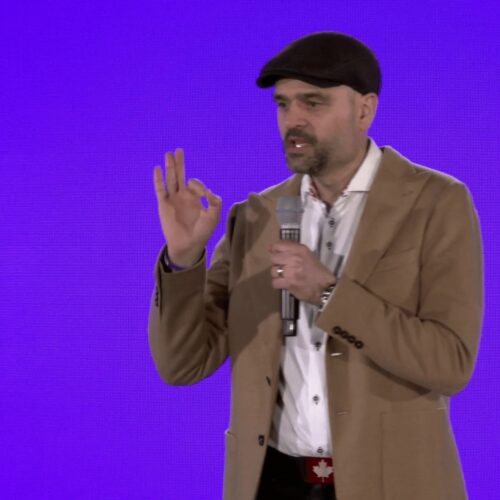Did the Unabomber See the Singularity Coming? Ted Kaczynski and the Dark Side of Progress
Socrates / Profiles
Posted on: June 14, 2025 / Last Modified: June 16, 2025
 When most people hear the name Ted Kaczynski, they immediately think of the Unabomber — the domestic terrorist who waged a deadly bombing campaign for nearly two decades. But Kaczynski’s story is more complicated, more disturbing, and, for those of us interested in the future of technology and the singularity, uncomfortably relevant.
When most people hear the name Ted Kaczynski, they immediately think of the Unabomber — the domestic terrorist who waged a deadly bombing campaign for nearly two decades. But Kaczynski’s story is more complicated, more disturbing, and, for those of us interested in the future of technology and the singularity, uncomfortably relevant.
Was Ted Kaczynski simply a murderous neo-Luddite? Or was he, in his own twisted way, one of the first to foresee the dangers of unchecked technological progress and AI? The uncomfortable truth is: perhaps both.
The Rise of Ted Kaczynski
Born in 1942 in Chicago to Polish-American parents, Theodore John Kaczynski was a child prodigy. He skipped multiple grades, graduated from high school at 15, and entered Harvard University at 16. While at Harvard, Kaczynski participated in a now-infamous CIA-sponsored psychological study — one that subjected him to extreme stress and psychological manipulation for years. Whether this experiment contributed to his later unraveling is a matter of debate.
By his mid-20s, Kaczynski had earned a PhD in mathematics from the University of Michigan, solving problems even his professors couldn’t crack. At 25, he became the youngest assistant professor ever hired at the University of California, Berkeley. And then, two years later, he disappeared.
Kaczynski abandoned academia and retreated to a remote cabin in Montana, without electricity or running water. There, he sought to live off the land, self-sufficient and free from the society he had grown to despise. But as industrial development encroached on his wilderness refuge, Kaczynski’s frustration turned into violent resolve.
The Unabomber Manifesto: Industrial Society and Its Future
From 1978 to 1995, Kaczynski carried out a nationwide bombing campaign targeting universities, airlines, and individuals connected to technological advancement. He killed 3 people and injured 23 others. His attacks finally stopped when, in 1995, he offered to cease his violence if the New York Times and Washington Post would publish his manifesto: Industrial Society and Its Future.
In the manifesto, Kaczynski argued that:
“The Industrial Revolution and its consequences have been a disaster for the human race.”
He warned that continued technological advancement would lead to complete societal control by machines, stripping humans of autonomy:
“As society and the problems that face it become more and more complex and machines become more and more intelligent, people will let machines make more of their decisions for them… Eventually a stage may be reached at which the decisions necessary to keep the system running will be so complex that human beings will be incapable of making them intelligently.”
In other words: the Singularity.
Was Kaczynski a Prophet of AI Catastrophe?
What’s chilling is how closely Kaczynski’s warnings echo many current debates around artificial intelligence, automation, and machine control. He feared a world where humans would become so dependent on machines that “turning them off would amount to suicide.” He anticipated a total integration of technology into every facet of life, including medicine, economics, government, and even human biology.
He wrote:
“Modern technology is a unified system in which all parts are dependent on one another… You can’t get rid of the ‘bad’ parts of technology and retain only the ‘good’ parts.”
This systemic view of technology, where each advance builds on countless others, is at the heart of many debates today about whether we can control increasingly powerful AI systems. Like Samuel Butler before him, Kaczynski saw the trajectory leading toward eventual human obsolescence.
The Existential Question
Of course, none of this justifies Kaczynski’s terrorism. His actions were monstrous and inexcusable. But that doesn’t mean we should dismiss his critique entirely.
We must confront an unsettling question:
Was Ted Kaczynski not only a terrorist but also one of the first thinkers to seriously predict the risks associated with accelerating technological growth, artificial intelligence, and the erosion of human agency?
In the context of the Technological Singularity, his warnings, though expressed through horrific means, deserve analysis. We’re now grappling with issues such as algorithmic governance, machine decision-making, AGI safety, and transhumanism — issues that echo Kaczynski’s central fear: that humanity will lose control over its fate and its technological offspring.
Watch: The Unabomber, His Ideas, and the Technology Debate
Below are several videos exploring Kaczynski’s life, philosophy, and disturbing relevance to debates around AI, the Singularity, and technological control:
1️⃣ The Unabomber: Radical Environmentalist
2️⃣ Industrial Society and Its Future: Kaczynski’s Manifesto
3️⃣ Is Kaczynski’s Technophobia Coming True?
4️⃣ Technology, Control, and the Future
The Singularity’s Shadow
Here on Singularity Weblog, we spend a great deal of time discussing the positive aspects of exponential technologies: how they might cure diseases, alleviate poverty, and expand human potential. But every possible utopia casts a corresponding dystopian shadow.
Ted Kaczynski reminds us — in the most brutal way imaginable — that ignoring the dark side of progress comes at a cost. The question is no longer if technology will advance, but how — and whether humanity will remain in control of its own destiny. Technological power is neither inherently good nor evil; it is simply power. And like all power, it demands wisdom, restraint, and responsibility — because once unleashed, it may not be easily reclaimed. That’s why we must exercise great caution in wielding it.



